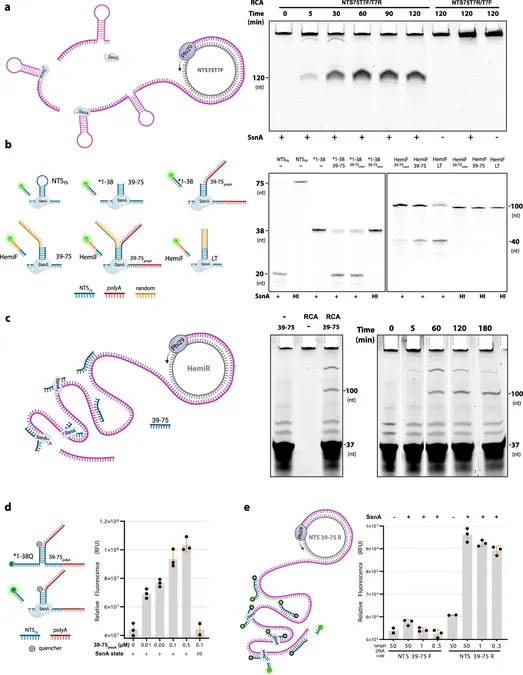
Shocking New Study Reveals Double Trouble for Obese Kids Battling Cancer
2025-01-17
Author: Rajesh
Groundbreaking Study Uncovers Alarming Findings
A groundbreaking study from Canada has uncovered alarming findings about the intersection of obesity and childhood cancer, revealing that young cancer patients struggling with obesity face significantly worse health outcomes, including an increased risk of death. The research highlights critical areas of concern for families and healthcare professionals alike.
Study Details and Findings
In this extensive analysis, researchers evaluated data from over 11,000 cancer patients, aged 2 to 19. Among these patients, a staggering 10.5 percent were classified as obese at the time of their cancer diagnosis. The range of cancers studied included serious conditions like leukaemia—cancer affecting bone marrow—and lymphoma, among various other tumors.
Obesity's Impact on Cancer Outcomes
What did the study reveal? Obese children demonstrated a 16 percent increased risk of relapse and a striking 29 percent rise in the risk of death when compared to their non-obese peers. These calculations took into account essential factors such as age, sex, and ethnicity, reaffirming the urgent need to address childhood obesity as a critical public health issue.
Expert Commentary
Thai Hoa Tran, a pediatric haematologist and oncologist at the University Hospital Centre Sainte-Justine in Montreal and a co-author of the study, stated, 'Our study highlights the negative impact of obesity among all types of childhood cancers. It provides the rationale to evaluate different strategies to mitigate the adverse risk of obesity on cancer outcomes in future trials.' He further emphasized the pressing necessity to combat the epidemic of childhood obesity, as it presents severe health implications.
Particular Cancer Types at Greater Risk
The study notably pinpointed that the negative effects of obesity were particularly pronounced in patients facing acute lymphoblastic leukaemia and brain tumors, suggesting that cancer types may play a role in how obesity influences health outcomes. Previous research has indicated that fat tissues can actively contribute to tumor progression, resistance to treatment, and potential metastasis—factors that make the challenge of obesity even more daunting for children with cancer.
Critiques and Future Steps
Despite these findings, the study faced criticism for its methodology, specifically the reliance on body mass index (BMI) as a measurement for obesity. The authors acknowledged that BMI is a simplistic and often misleading metric that fails to accurately depict body composition or nutritional status.
An Urgent Call to Action
The repercussions of this study spark an urgent call for healthcare policies aimed at reducing childhood obesity and ensuring better treatment protocols tailored to the needs of obese cancer patients. As the debate continues, can we afford to ignore the twin threats of cancer and obesity affecting our youth? The time for action is now!



 Brasil (PT)
Brasil (PT)
 Canada (EN)
Canada (EN)
 Chile (ES)
Chile (ES)
 Česko (CS)
Česko (CS)
 대한민국 (KO)
대한민국 (KO)
 España (ES)
España (ES)
 France (FR)
France (FR)
 Hong Kong (EN)
Hong Kong (EN)
 Italia (IT)
Italia (IT)
 日本 (JA)
日本 (JA)
 Magyarország (HU)
Magyarország (HU)
 Norge (NO)
Norge (NO)
 Polska (PL)
Polska (PL)
 Schweiz (DE)
Schweiz (DE)
 Singapore (EN)
Singapore (EN)
 Sverige (SV)
Sverige (SV)
 Suomi (FI)
Suomi (FI)
 Türkiye (TR)
Türkiye (TR)
 الإمارات العربية المتحدة (AR)
الإمارات العربية المتحدة (AR)